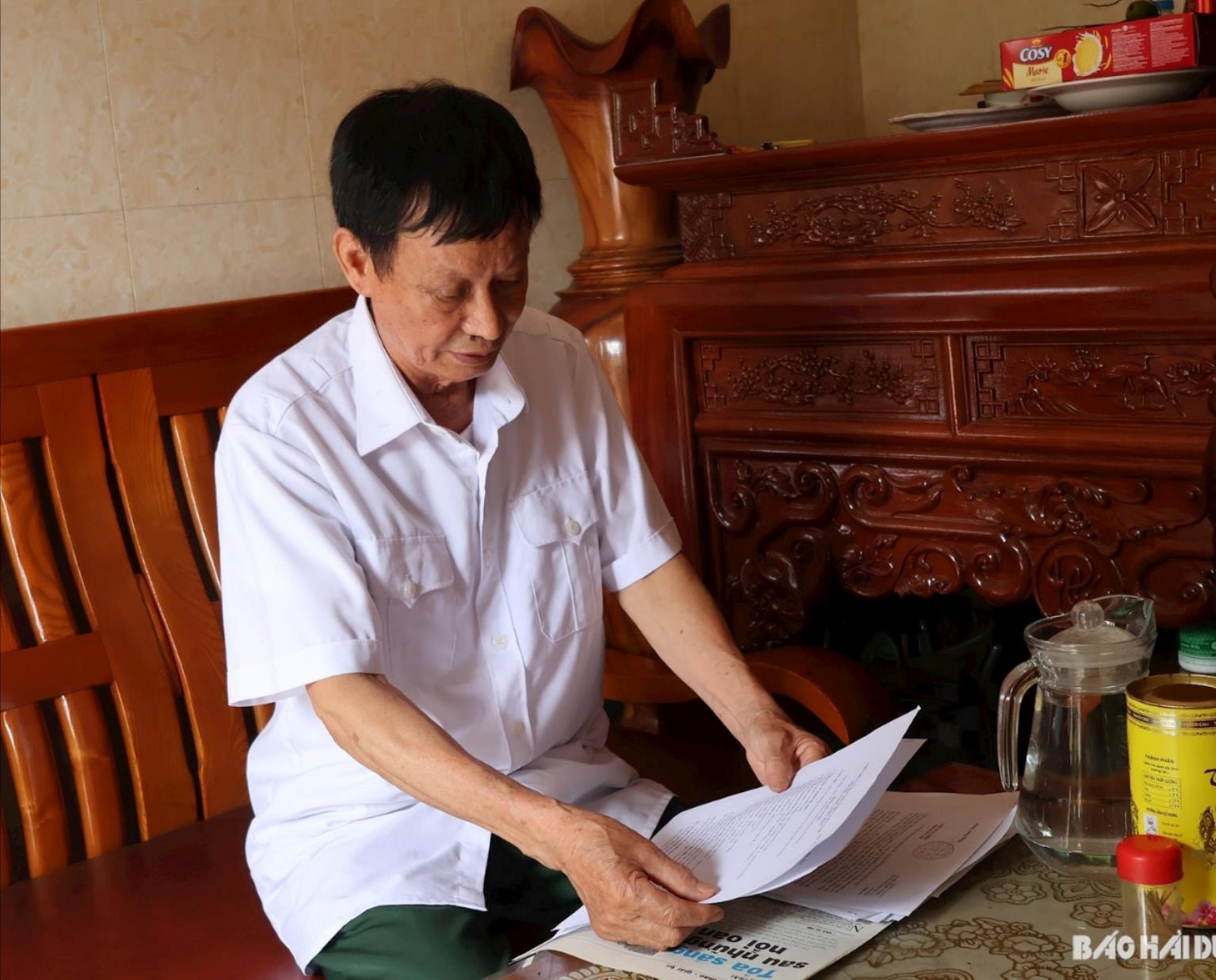
Waiting for the day we meet again
For nearly 50 years, Mr. Nguyen Thanh Canh (76 years old) in Ung Mo village, An Duc commune (Ninh Giang) has always been concerned about finding the grave of his younger brother, martyr Nguyen Duc Tho.
Following the sacred call of the Fatherland, in 1968, young man Nguyen Duc Tho joined the army when he turned 18. At the same time, Mr. Canh was fighting on the southern battlefield.
Mr. Canh was lucky to return home after the war, but his younger brother Nguyen Duc Tho remained on the battlefield. According to the death certificate, martyr Nguyen Duc Tho sacrificed his life on August 24, 1971 on the southern front.
The old, time-stained file that Mr. Canh’s family has cherished and preserved like a treasure for decades is all he has about his fallen brother. All efforts to find information about the martyr’s grave in the past have been fruitless.
Last May, Mr. Canh’s family was very excited to be one of the families to have DNA samples taken from a relative of a martyr. This was a source of encouragement and gave hope for the search for Mr. Canh’s younger brother’s grave.
"Before my parents passed away, they were still worried about finding their son's remains. Therefore, the family's greatest wish is to find my brother's grave soon and bring him back to the local cemetery for burial so that it is convenient for future visits and care of the grave," said Mr. Canh.
Since receiving the death notice of her brother, martyr Nguyen Thien Quyet, Mrs. Nguyen Thi Bong in Chi Minh commune (Tu Ky) has been worried because she does not know where her brother lies in the cold, foggy forest. After many unsuccessful searches, the journey to find the martyr's grave sometimes becomes hopeless.
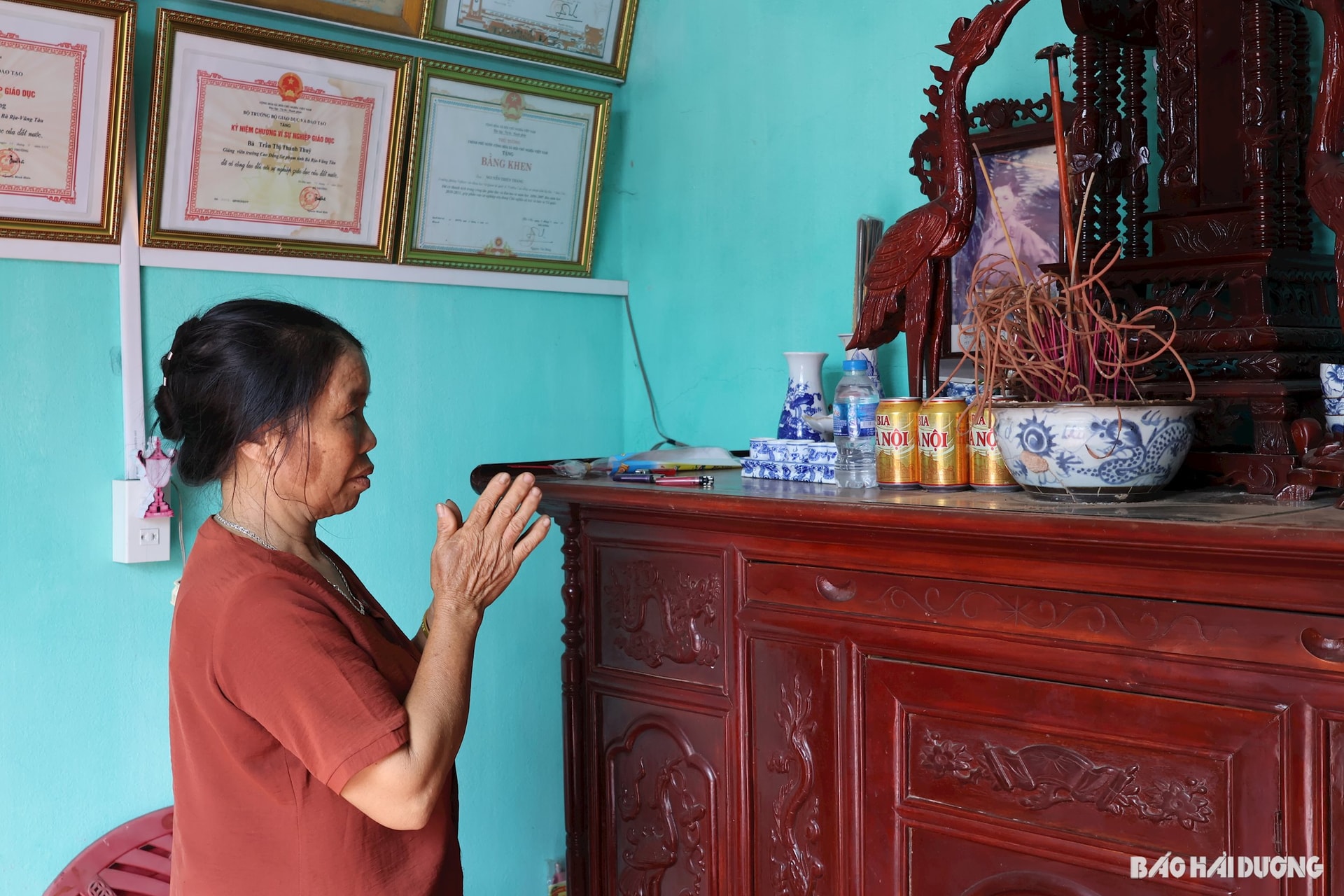
Last May, Ms. Bong was very emotional when she received a notice from the local government to take DNA samples to compare and find the identity and grave of her brother who died in the resistance war against America.
"This is the humane policy of the Party and State towards those who sacrificed their blood and bones for the independence of the Fatherland, meeting the expectations and wishes of not only my family but also many families who have not yet found information about the martyrs," Ms. Bong said emotionally.
The war has ended, but there are still many martyrs on the battlefield whose remains have not been found or whose identities have not been determined. According to statistics from the authorities, Hai Duong still has nearly 22,000 martyrs whose identities have not been determined. Therefore, the work of searching for information and collecting martyrs' remains is not only a responsibility but also an order from the heart, urging those on duty to continue their journey to meet the expectations of relatives of those who have contributed.
In August 2024, Hai Duong province organized a campaign to collect DNA samples of relatives of unidentified martyrs.
Up to now, the whole province has deployed 2 rounds, collecting 44 DNA samples of martyrs' relatives, and updating information about martyrs, martyrs' relatives, and martyrs' graves into the National Population Database system.
DNA sampling is carried out scientifically , strictly, and according to procedures, with priority given to taking samples from the martyr's biological mother and relatives, because this is a direct bloodline gene, providing high accuracy.
To ensure the synchronous, consistent and effective implementation of the task of collecting DNA samples for relatives of martyrs whose identities have not been determined, relevant departments and branches in Hai Duong coordinate to review and compile information on the remains of martyrs whose identities have not been determined and the information on the remains of families whose martyrs have not been determined, and to collect matching samples; update the National Population Database system according to the category of martyrs' relatives.
Sacred gesture
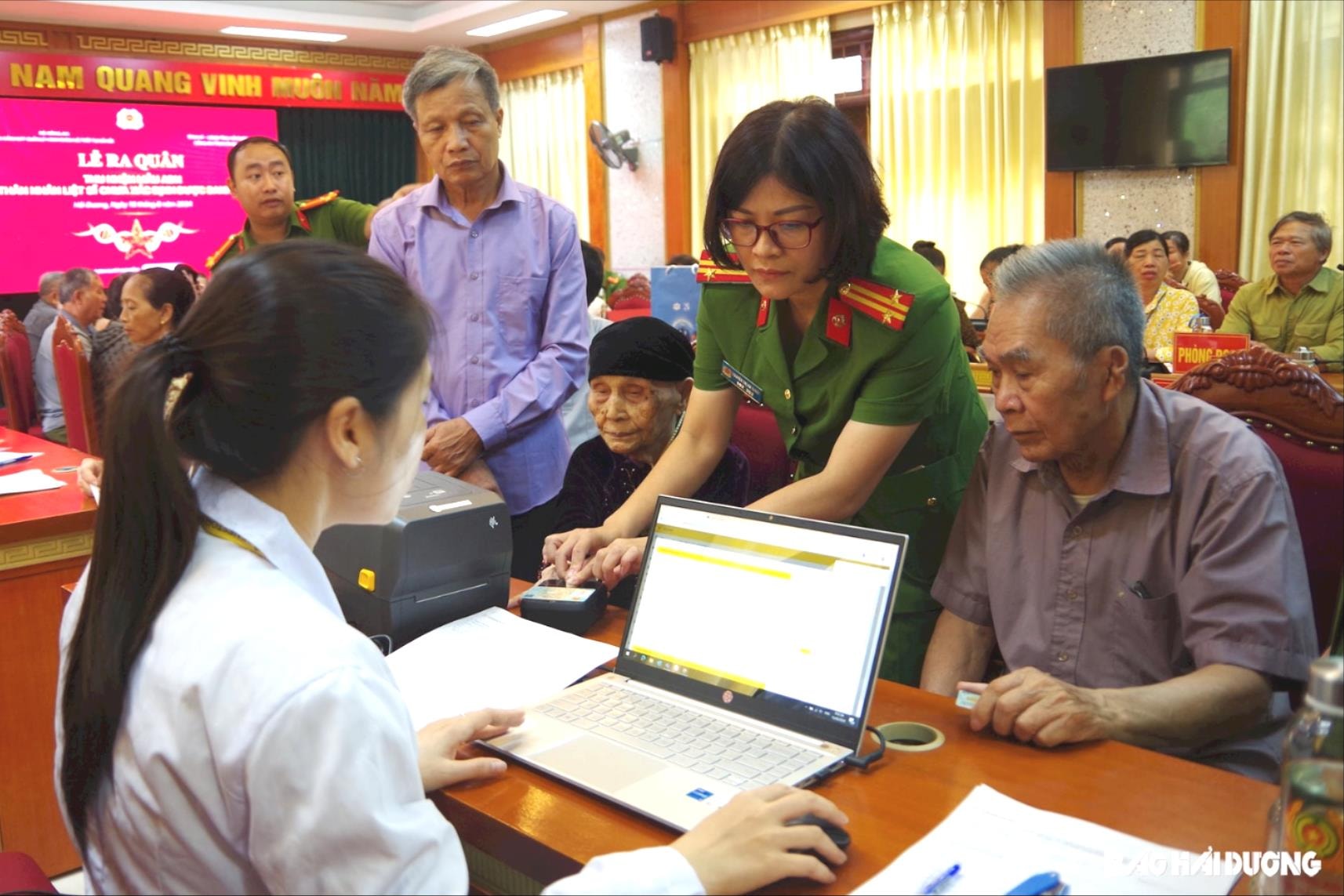
According to the Steering Committee for Searching, Collecting and Identifying Martyrs' Remains in Hai Duong Province (Steering Committee 515), in the period of 2021 - 2025, the Provincial Steering Committee 515 has searched for and collected 6 martyrs' remains. The Department of Home Affairs has coordinated with the Provincial Police to guide and collect 32,999 information cards for martyrs, martyrs' relatives and martyrs' graves. The Department of Home Affairs has issued 97 letters of introduction to martyrs' families to move martyrs' remains to their localities.
Based on the list of martyrs initially buried in Hai Duong province sent by the Policy Department, General Department of Politics and units and localities nationwide, from 2002 to early 2023, the Provincial Military Command directed specialized agencies to coordinate in reviewing, separating and disinfecting 1,690 martyrs' remains. Of these, 1,429 martyrs were initially buried in the province, 261 martyrs were duplicated.
With tireless efforts, up to now, Hai Duong province is assessed to have basically no more martyrs' graves in the area that have not been searched for and collected.
Mr. Nguyen Tuan Anh, Chairman of the People's Committee of Chi Minh Commune (Tu Ky) said: "The DNA samples of the martyrs' relatives were collected as a sentiment, a responsibility and a deep gratitude in the process of searching and returning the names of the heroic martyrs. This is the best preparation for the journey of searching, verifying and bringing the martyrs back to reunite with their relatives and homeland."
Comrade Nguyen Minh Hung, member of the Provincial Party Committee, Vice Chairman of the Hai Duong Provincial People's Committee, Head of the Provincial Steering Committee 515, emphasized that the work of searching, collecting martyrs' remains, and identifying martyrs' identities has always been considered by Hai Duong province as an important political task and also a key task in implementing the military rear policy and the gratitude movement. All levels and sectors continue to vigorously implement the collection of DNA samples, improve the capacity of electronic data management, and connect with the National Population Database. This is also the best preparation step for the work of searching and identifying heroic martyrs.
NGUYEN THAOSource: https://baohaiduong.vn/thap-len-hy-vong-xac-dinh-danh-tinh-liet-si-o-hai-duong-414931.html



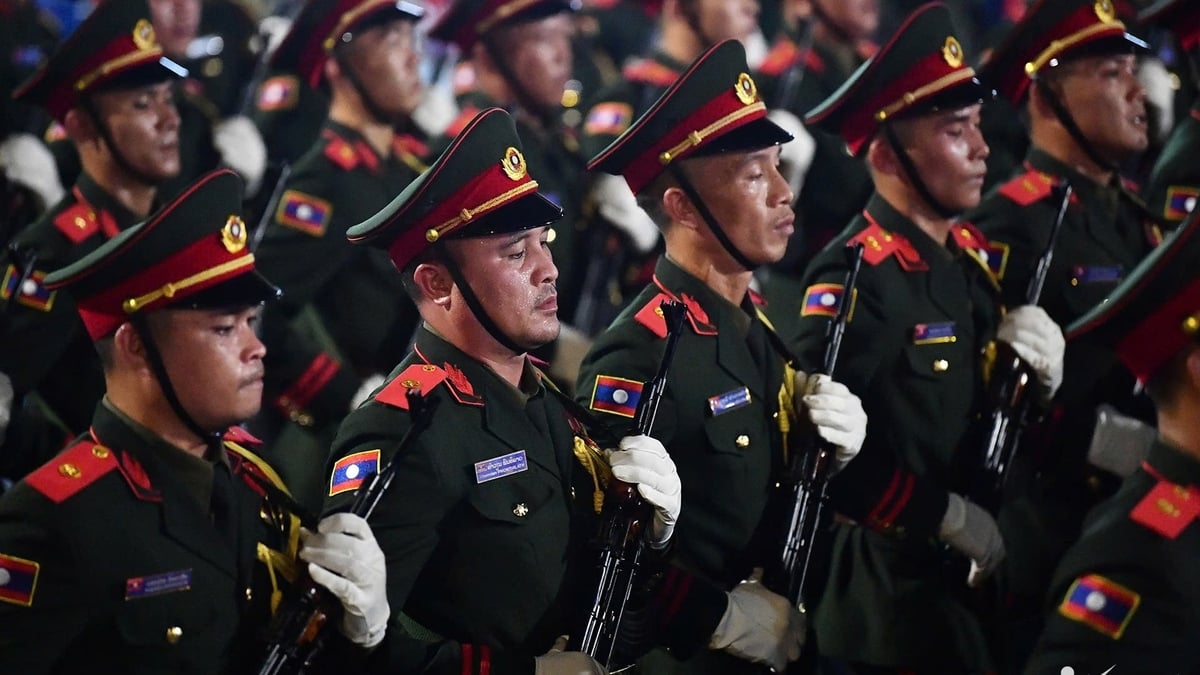
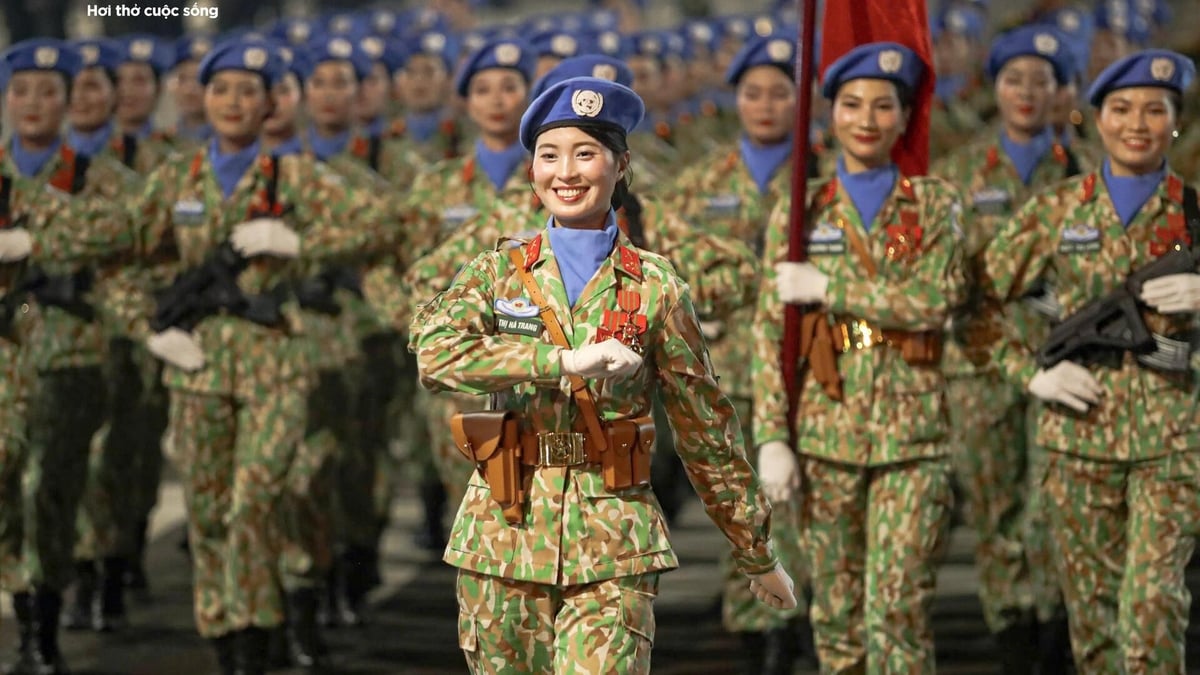
![[Photo] Images of the State-level preliminary rehearsal of the military parade at Ba Dinh Square](https://vphoto.vietnam.vn/thumb/1200x675/vietnam/resource/IMAGE/2025/8/27/807e4479c81f408ca16b916ba381b667)
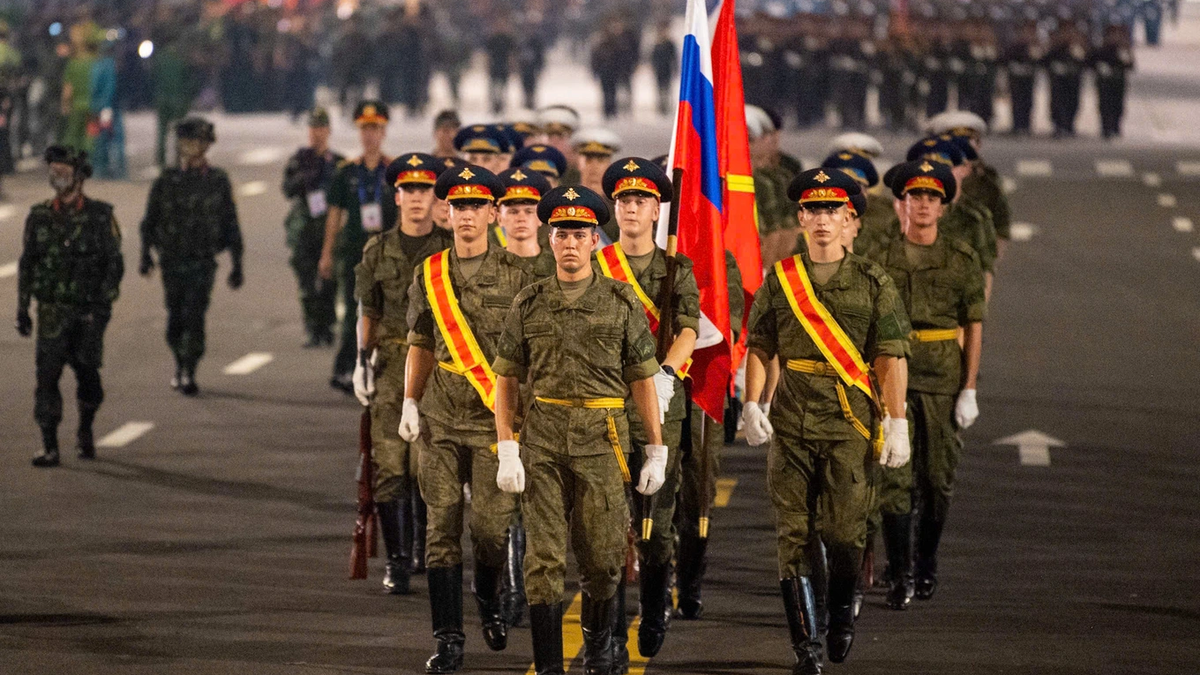
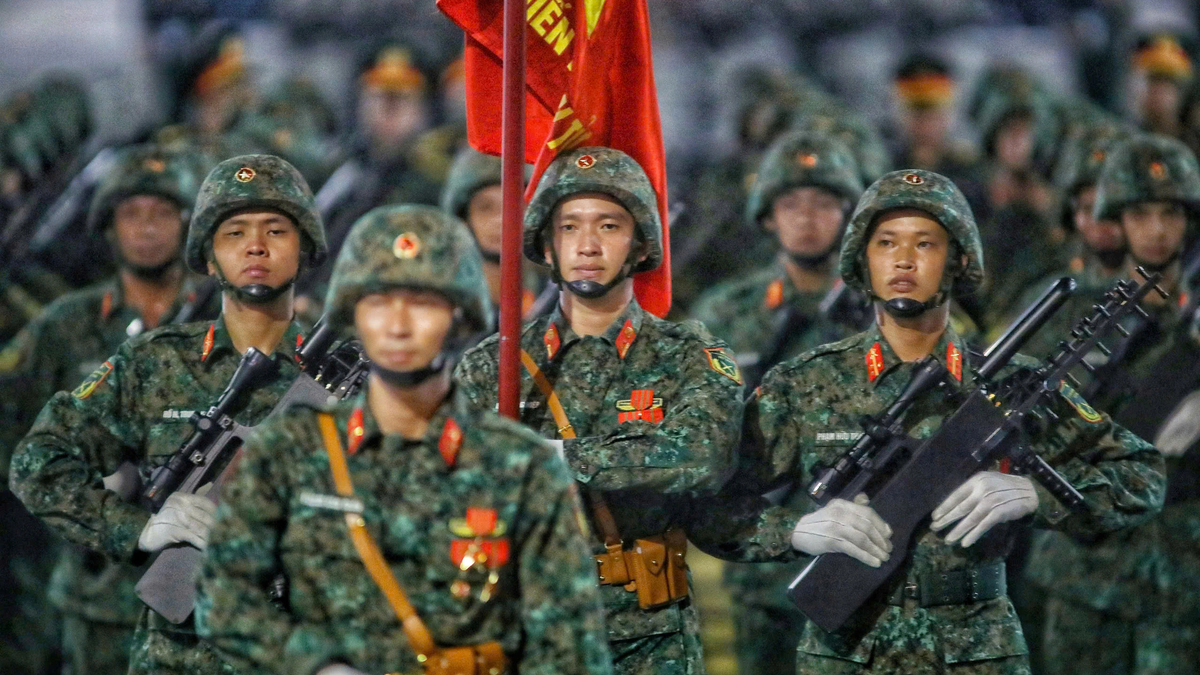
![[Photo] Parade blocks pass through Hang Khay-Trang Tien during the preliminary rehearsal](https://vphoto.vietnam.vn/thumb/1200x675/vietnam/resource/IMAGE/2025/8/27/456962fff72d40269327ac1d01426969)
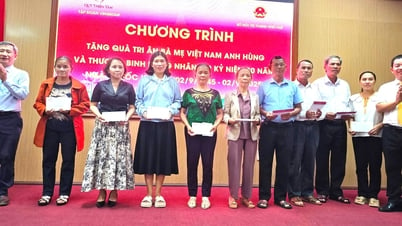



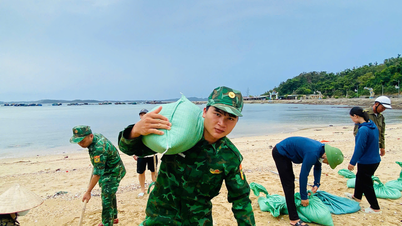

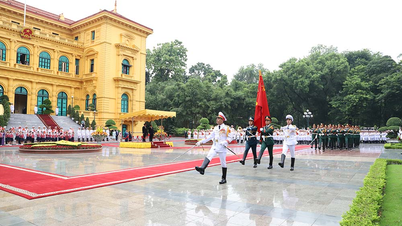





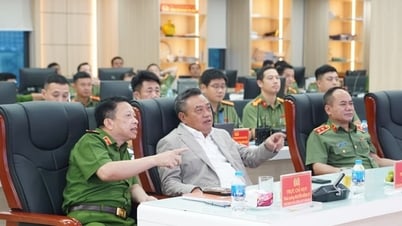

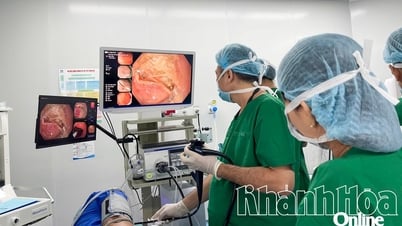

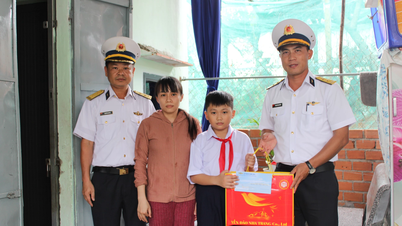








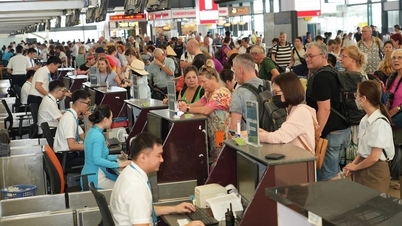



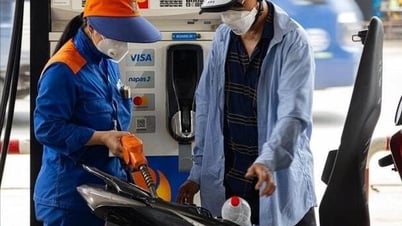
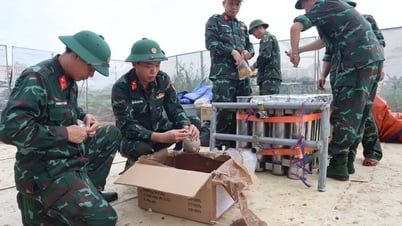

































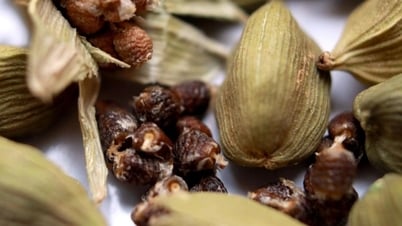
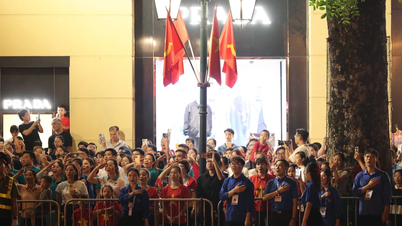

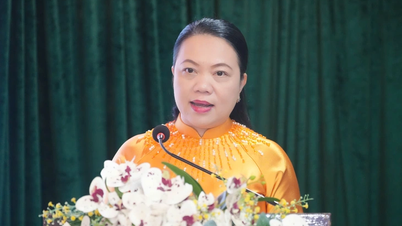
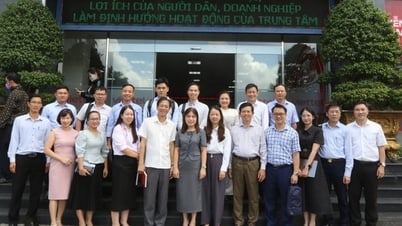





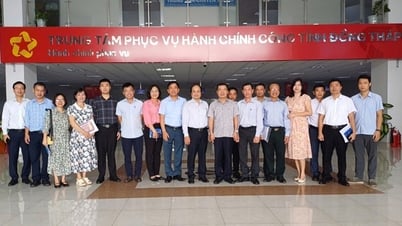
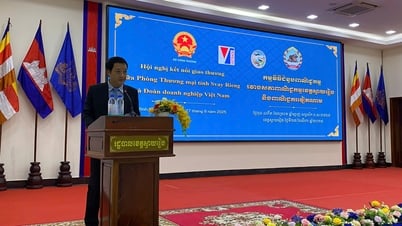

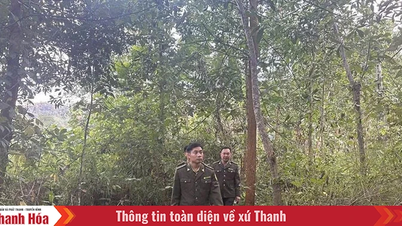
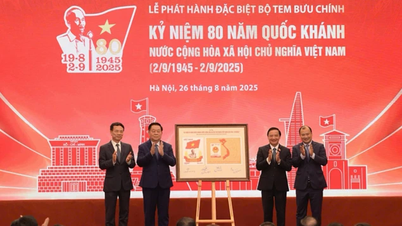
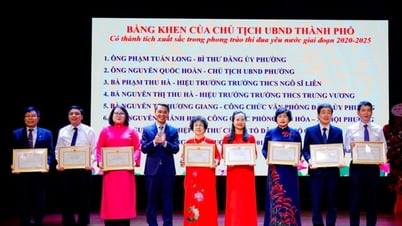


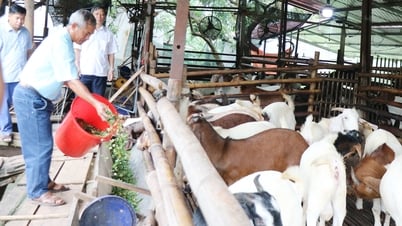













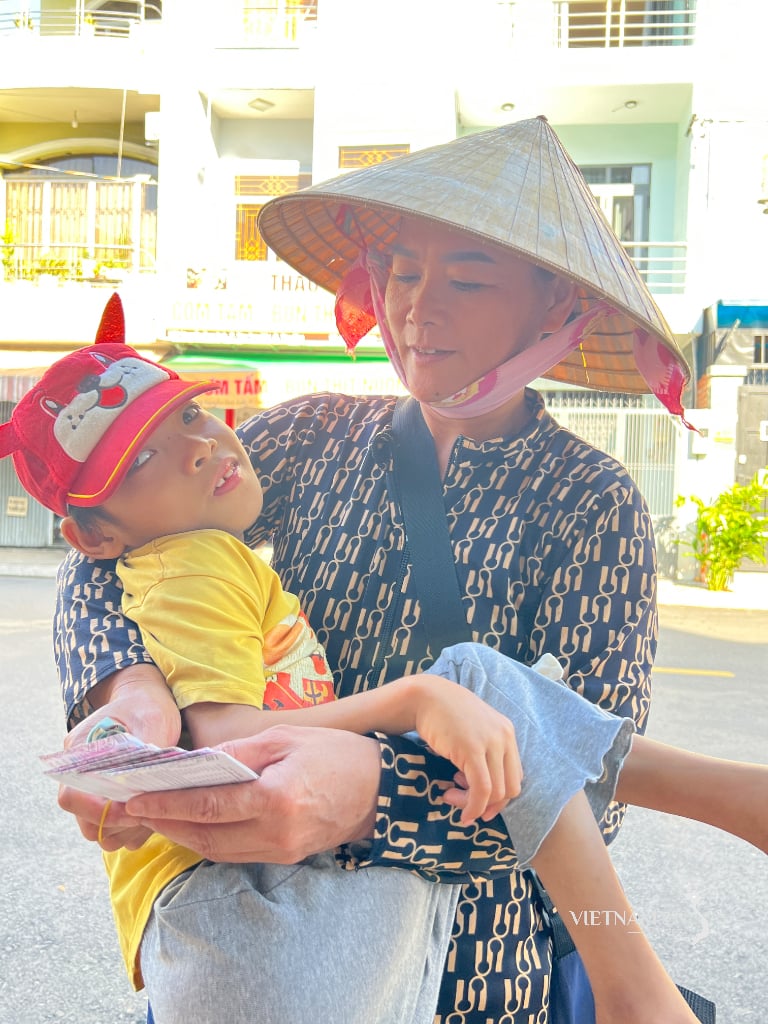
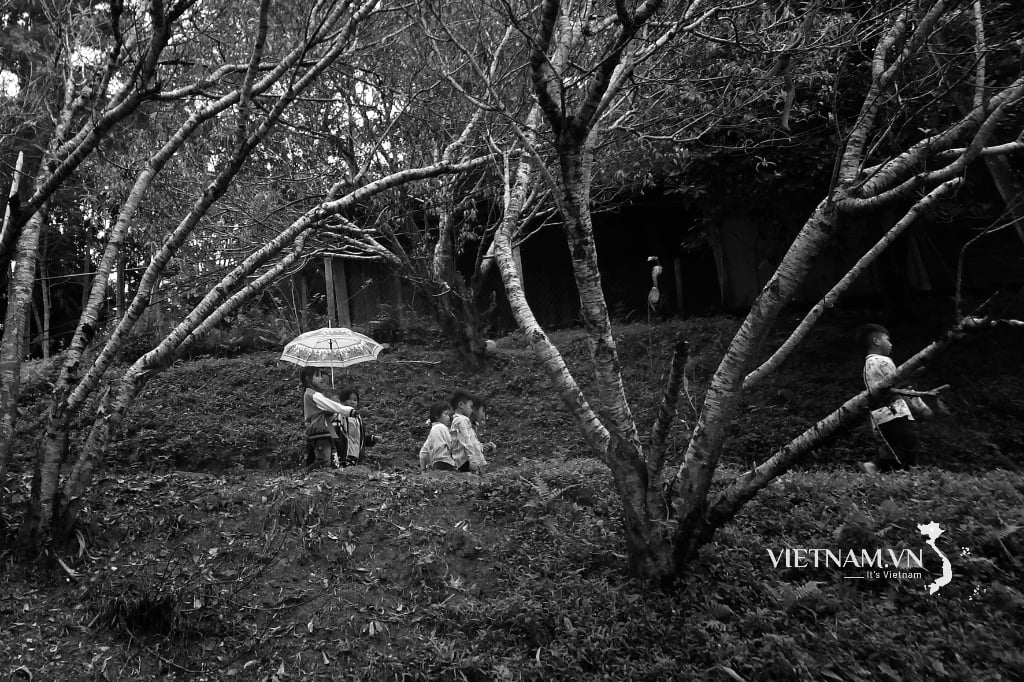

Comment (0)